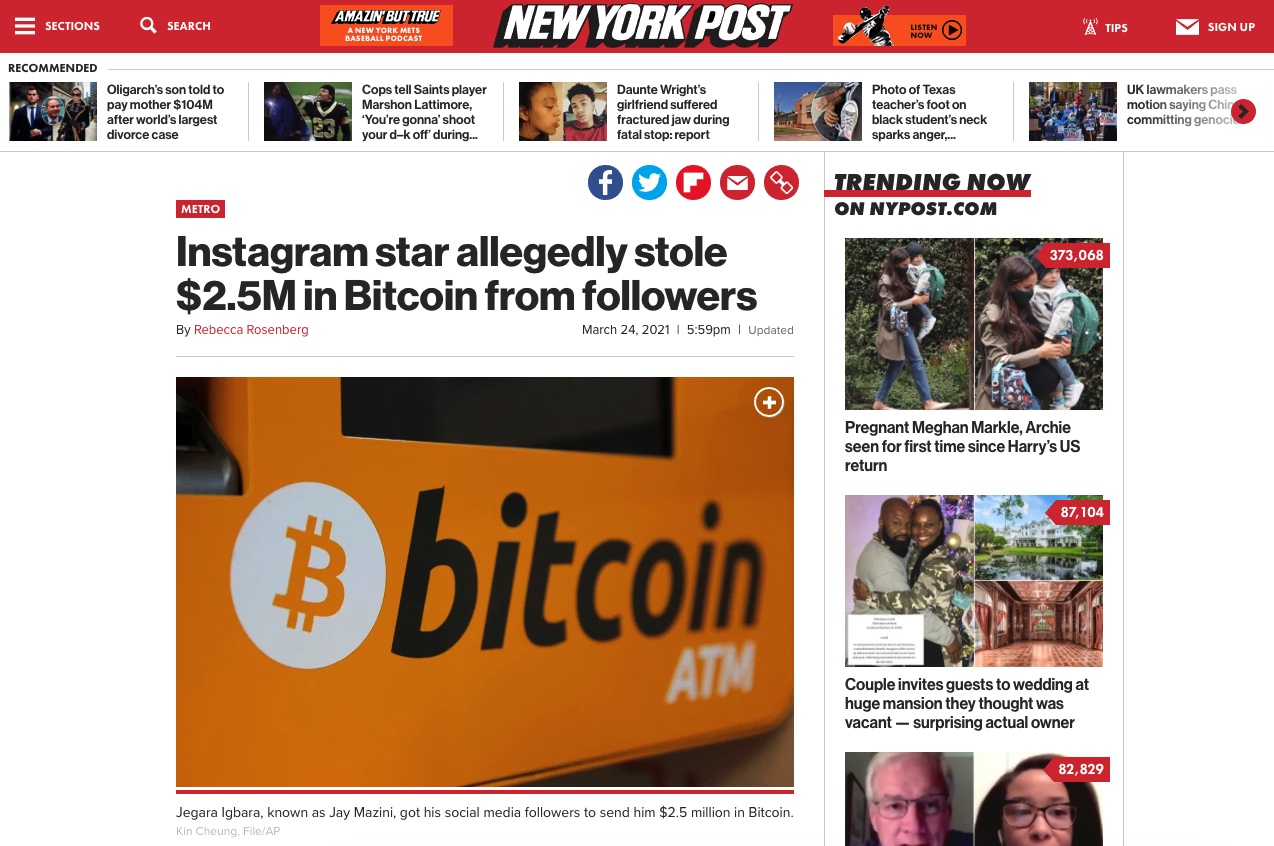USDA SNAP retailer trafficking
If you are a retailer who participates in SNAP, you know how valuable this program is to your business. As more people rely on SNAP benefits, this has become an essential part of helping your business grow. But as you know, participating in SNAP brings with it state and federal rules and regulations that must be strictly followed by yourself and your employees. Should you or your employees deviate from established guidelines and choose to engage in forbidden practices regarding SNAP benefits, you could find yourself charged with food stamp fraud and trafficking. If this happens, you could potentially be the subject of fines and the permanent disqualification of your business from being a participating SNAP retailer. If you are facing trafficking allegations, it is best to rely on an experienced SNAP retailer trafficking attorney who understands the nuances of these complex cases.
What is the Definition of Trafficking?
To be charged with trafficking, a retailer must be willing to allow customers to exchange their SNAP benefits for cash or other items, which sometimes includes guns or illegal drugs. Whatever the case may be, the practice is considered to be illegal and is taken very seriously by the federal government and its investigators. When you are charged with trafficking, do not assume the charges will be dropped in a matter of days or weeks. By procrastinating, you are simply allowing government investigators to build a stronger case against you. Instead, be proactive and hire the services of a skilled SNAP retailer trafficking attorney immediately to handle your case.
How is Trafficking Detected?
In most cases where allegations of SNAP retailer trafficking are made, it is done so after the USDA has relied on undercover investigators to visit a store and attempt to conduct illegal business with the store owner or employees. In fact, thousands of stores are investigated across the United States, with hundreds or more being hit with sanctions ranging from fines to license suspensions or disqualification from SNAP. But prior to these undercover investigations taking place, the USDA often relies on data analysis from the EBT Retailer Transaction system, which allows for monitoring of all EBT transactions and can detect patterns of unusual purchases at certain stores. If you are under investigation for alleged SNAP trafficking, do not allow investigators to convince you they have an open-and-shut case against you. Instead, go on the offensive and immediately consult with a SNAP retailer trafficking attorney who can evaluate the charges against you and advise you of possible legal options.
Trafficking Charge Letter
Once the government has decided you may have committed SNAP retailer trafficking at your store, there is a good chance you will receive a letter in the mail that you should pay close attention to immediately. Known as a trafficking charge letter, this will outline the charges against you and probably include pages containing lists of transactions that the USDA has called into question. However, it is crucial to remember that just because you have received this letter, this does not mean you have been found guilty of the charges. Since mistakes can be commonplace within the large realms of federal government, it is entirely possible any transactions listed in your charge letter may in fact be perfectly legitimate or possibly should not even be attributed to your store. In any case, while you will be upset at having received this letter, do not lose hope. Instead, take this letter with you when you consult with an experienced SNAP retailer trafficking attorney who is determined to fight hard to protect your rights.
Responding to the Charges
Once you receive a charge letter, you will need to develop a plan very quickly regarding your response. Since the USDA only allows you 10 days to respond to the letter, immediately speak with your SNAP retailer trafficking attorney as to what you should do next. If you wait too long and thus exceed the 10-day window to respond, the USDA will in all likelihood move to suspend or permanently revoke your store’s license to participate in SNAP. Therefore, whether or not you may actually be guilty of the allegations made against you, work closely with your lawyer to develop a legal strategy that will ensure you and your store stay in business once the situation is resolved.
Administrative and Judicial Reviews
At the beginning, the USDA will conduct an administrative review of the charges made against you and render a decision regarding your participation in SNAP. If you are unhappy with the decision of the administrative review, you can appeal to the USDA for a review of the decision. If the ruling is upheld, you will then need to move on to filing a judicial review. To do this, you will need an attorney who is familiar with this process, since this will take place in U.S. District Court. Ultimately, your case could go all the way to the U.S. Supreme Court, although this is very unlikely. Nevertheless, do not be afraid to do whatever is necessary to clear your name and keep your business up and running.
While taking on the federal government can be a daunting task, it is not one that is not winnable under the right circumstances. If you are accused of SNAP retailer trafficking, do not be scared. Instead, meet with a food stamp trafficking attorney who will work with you to win your case.















